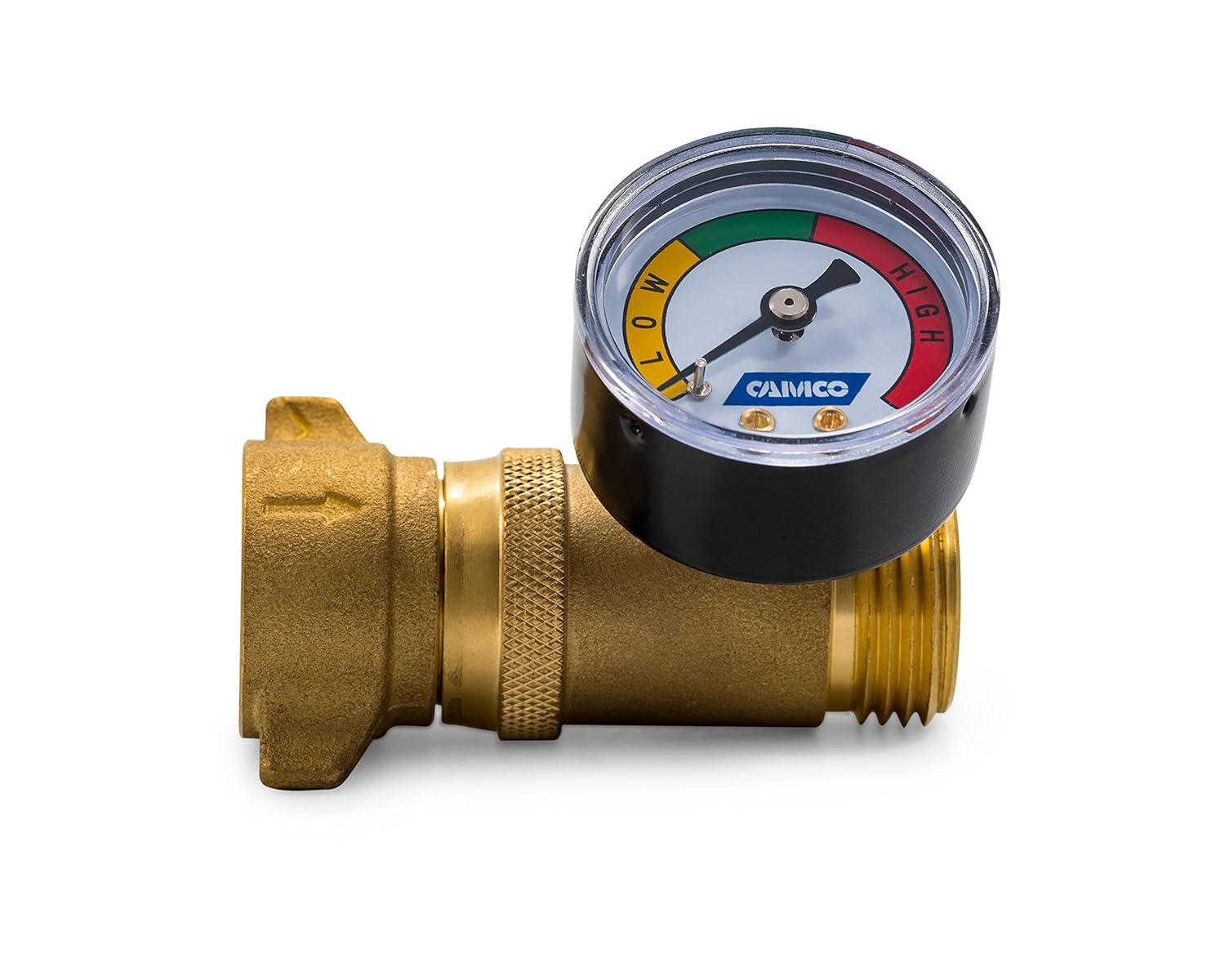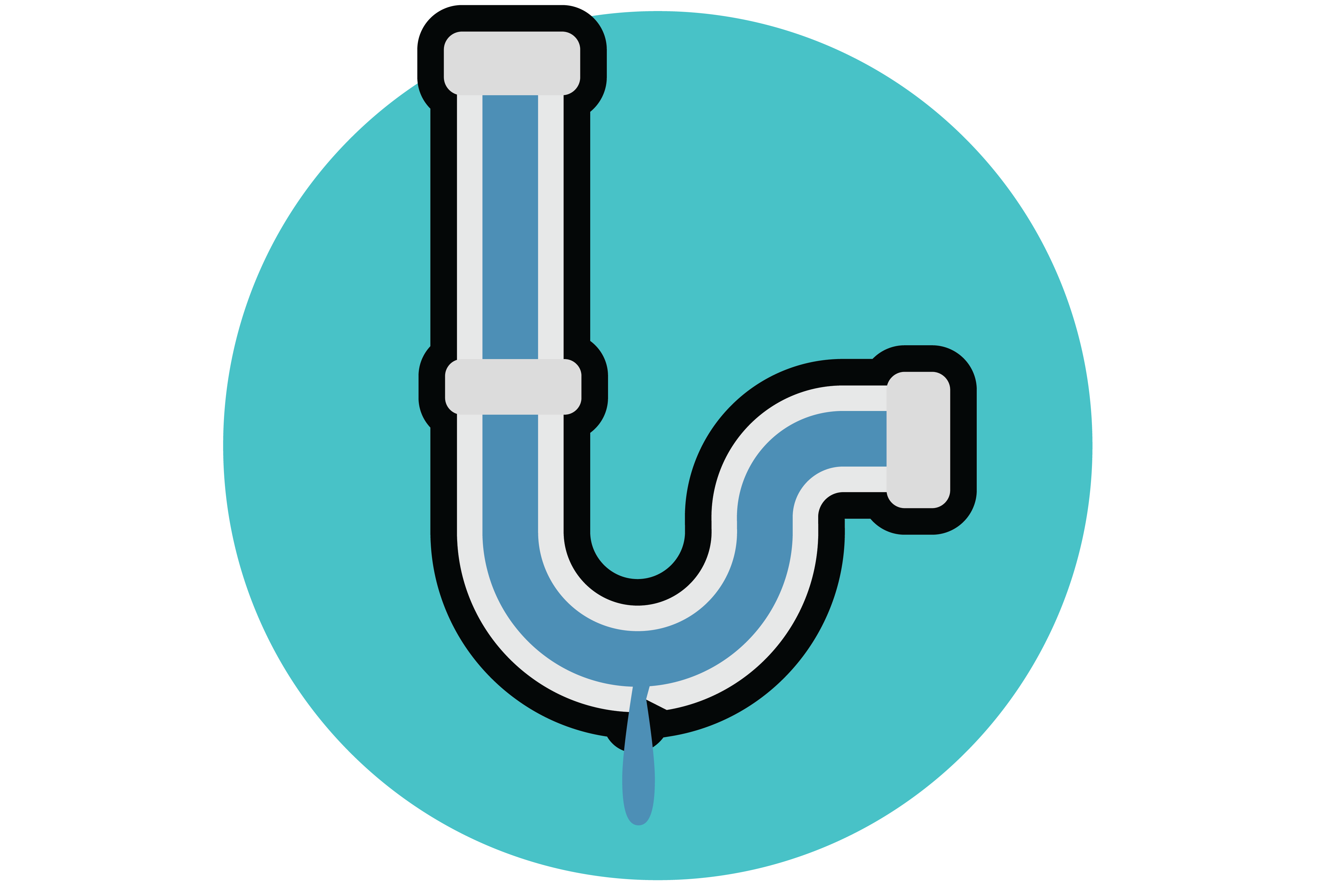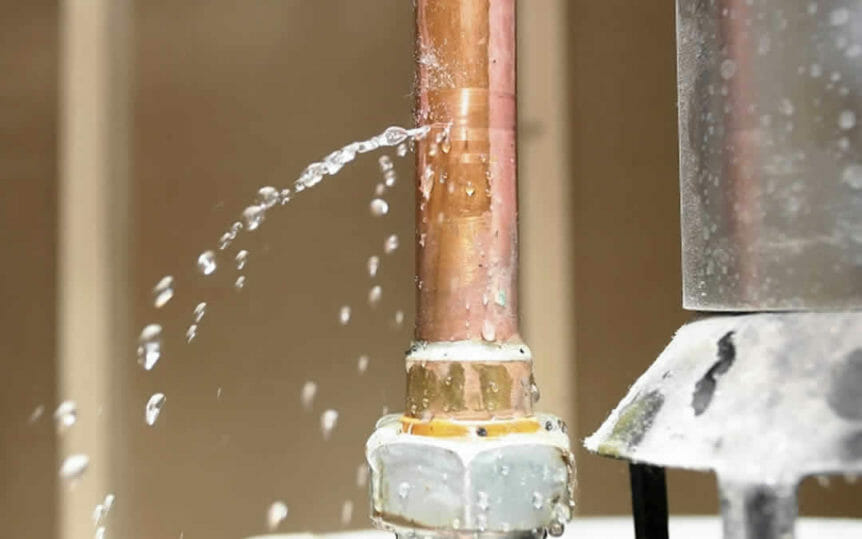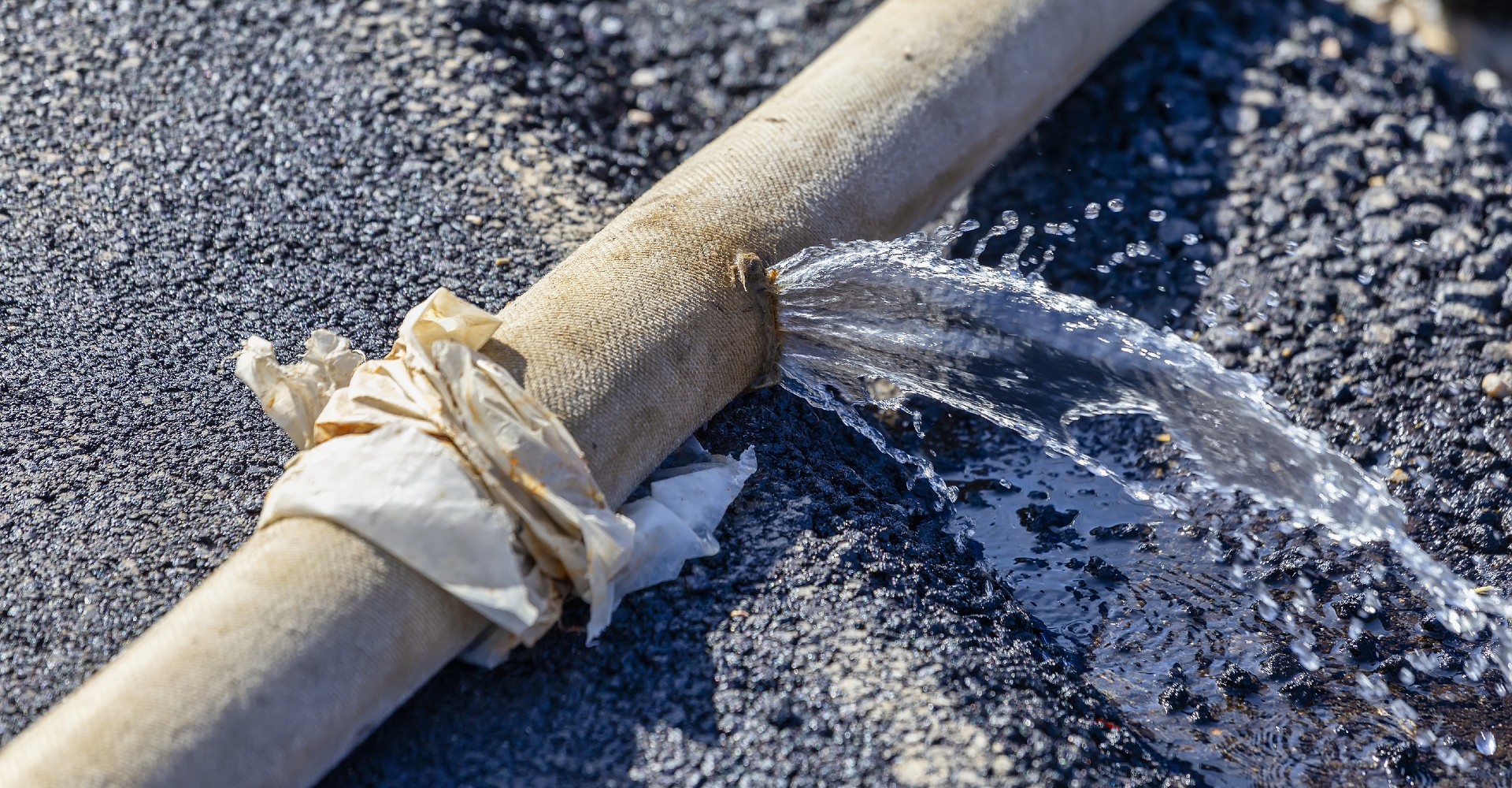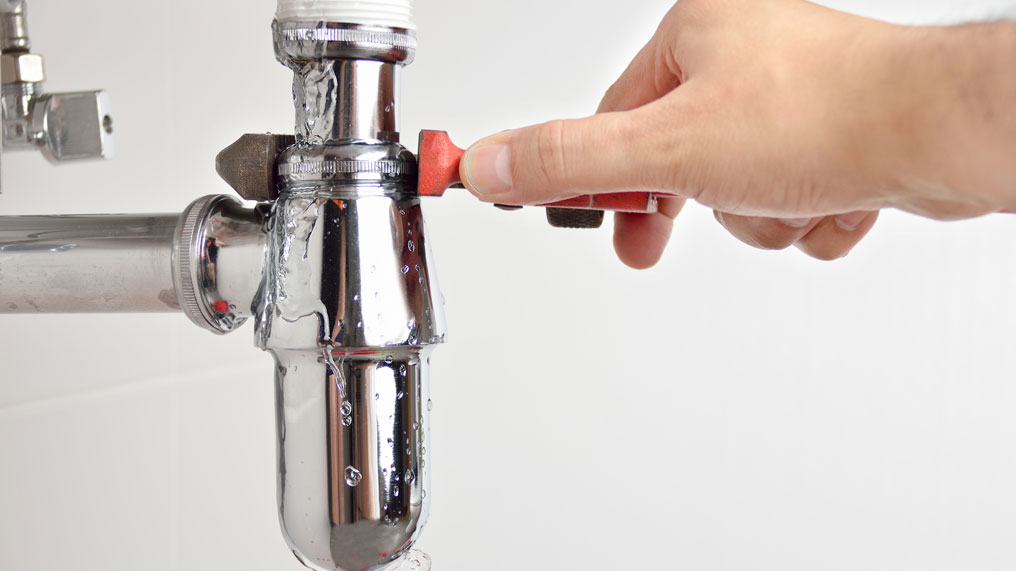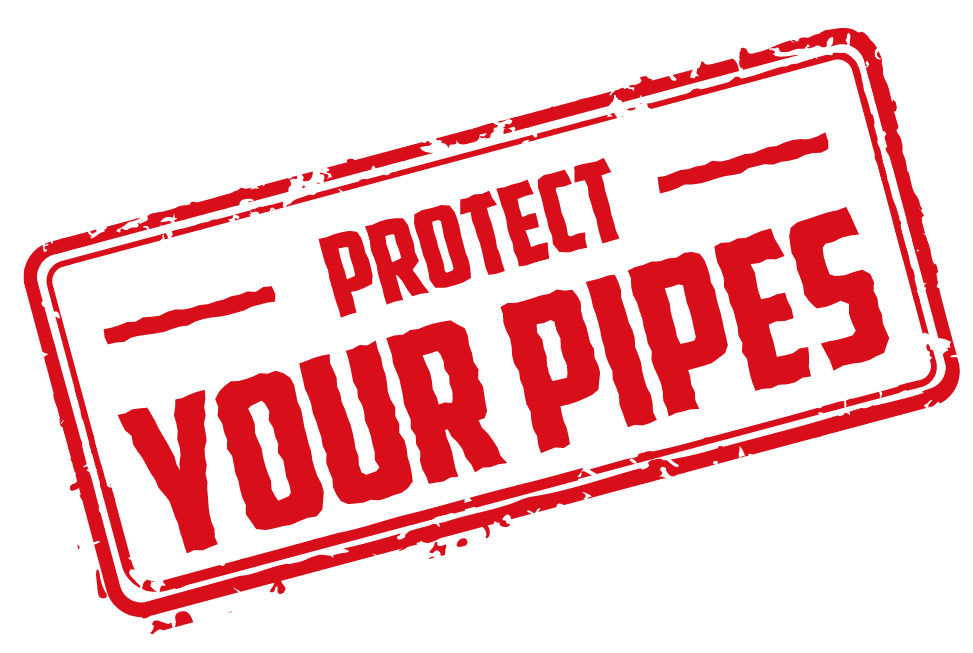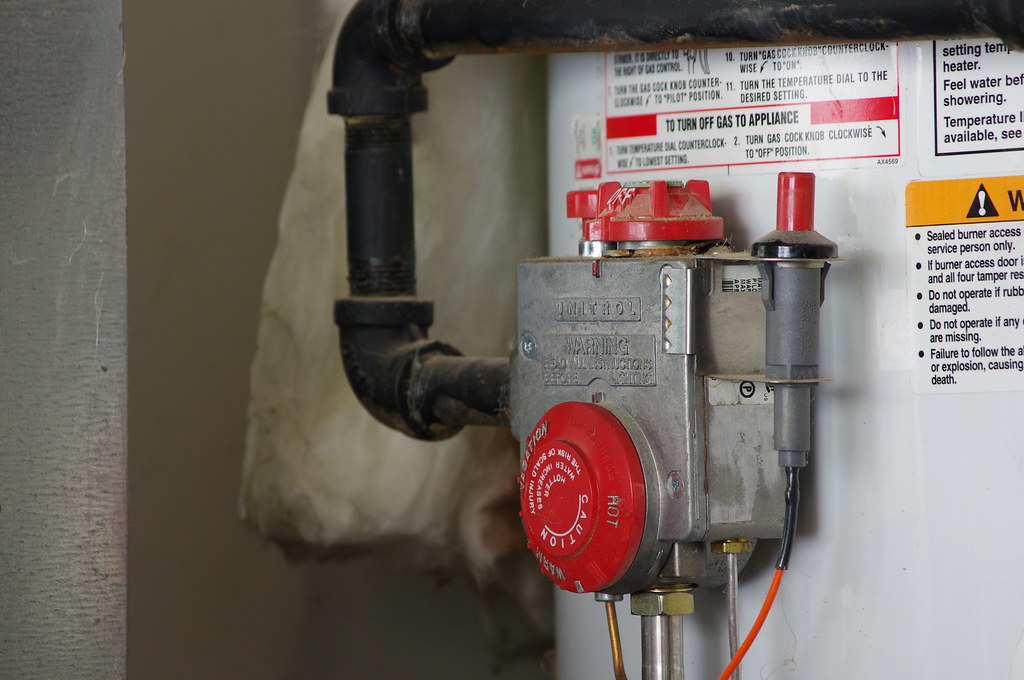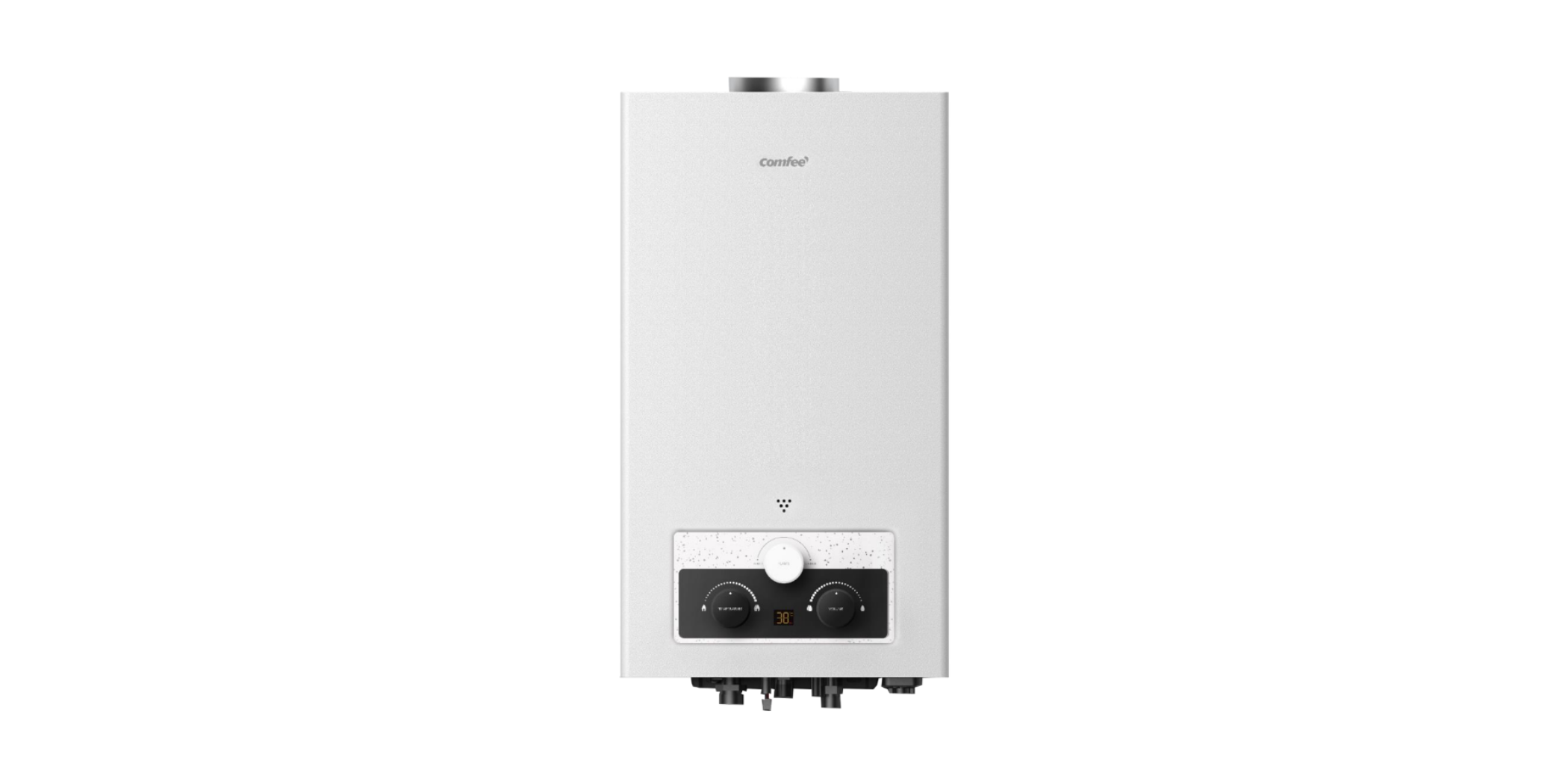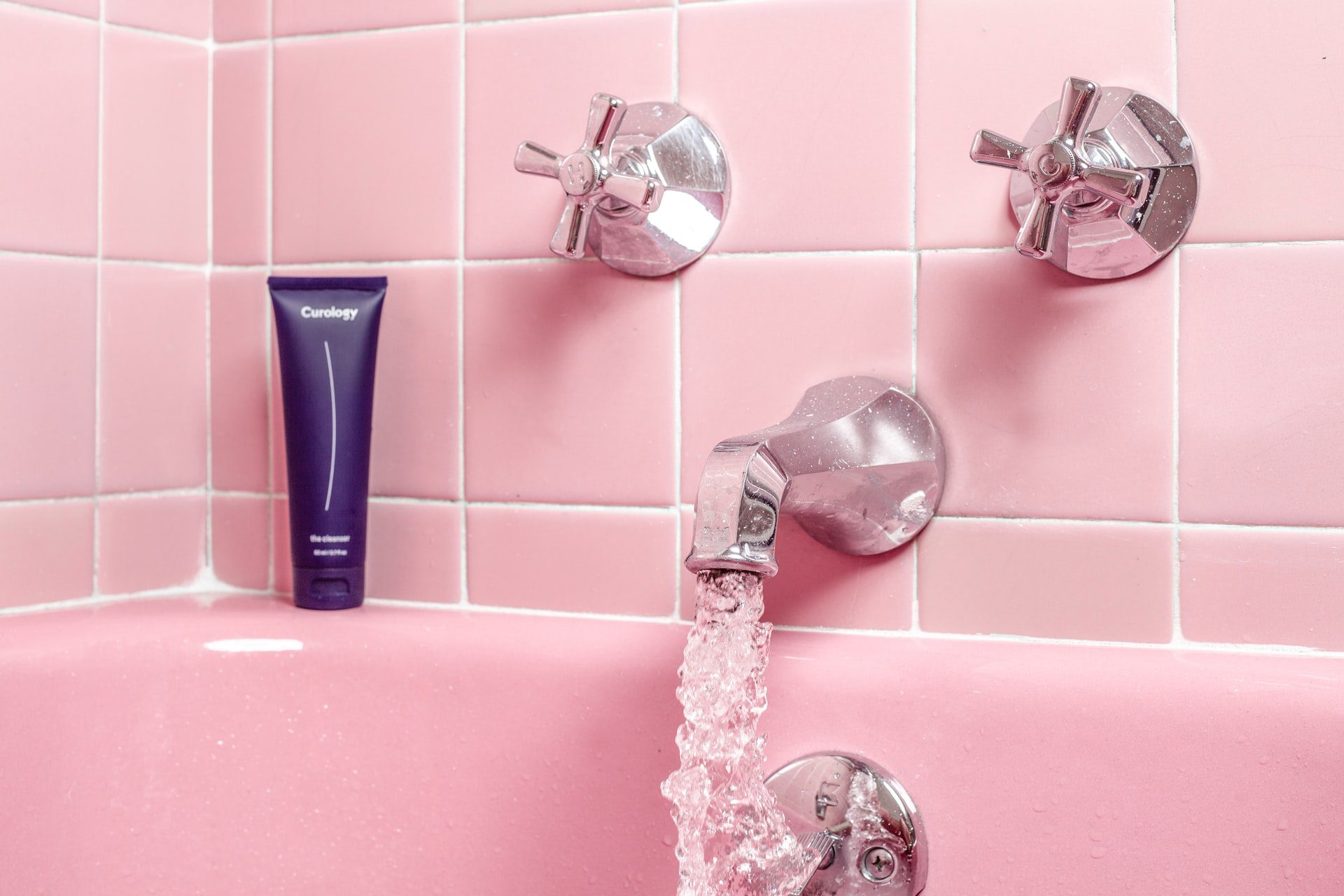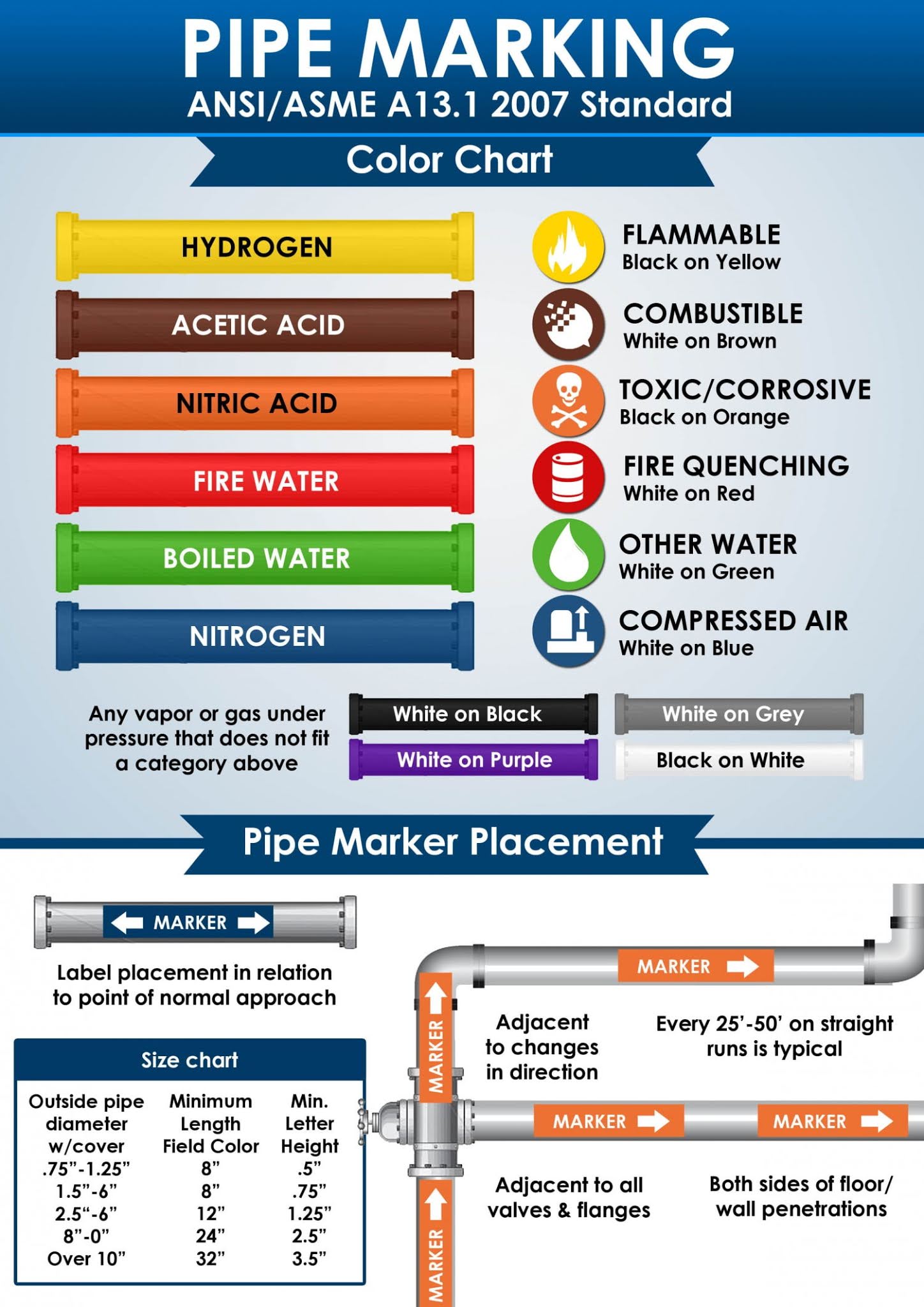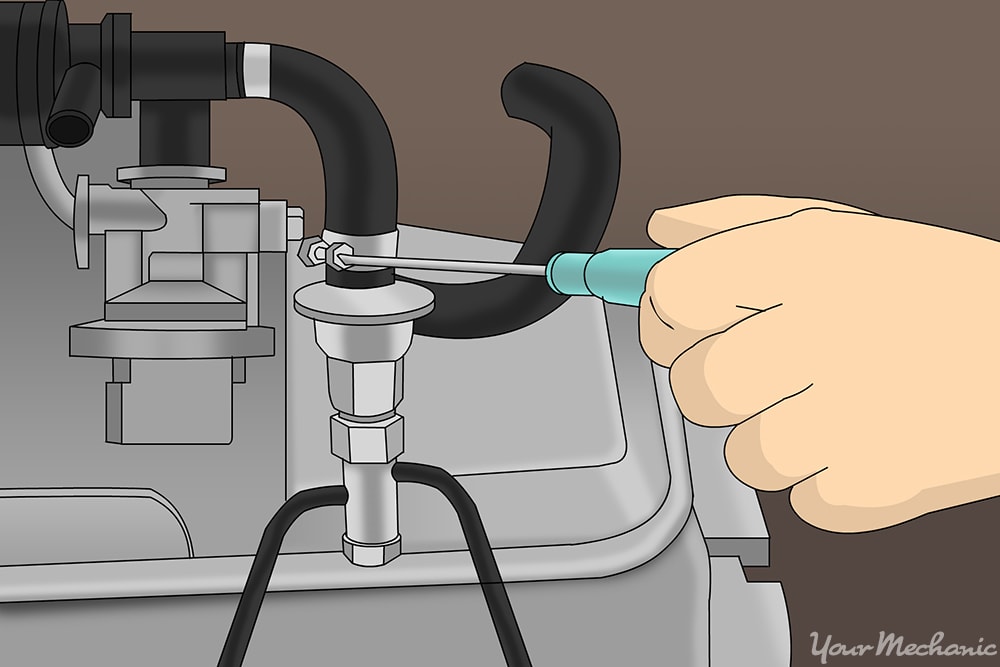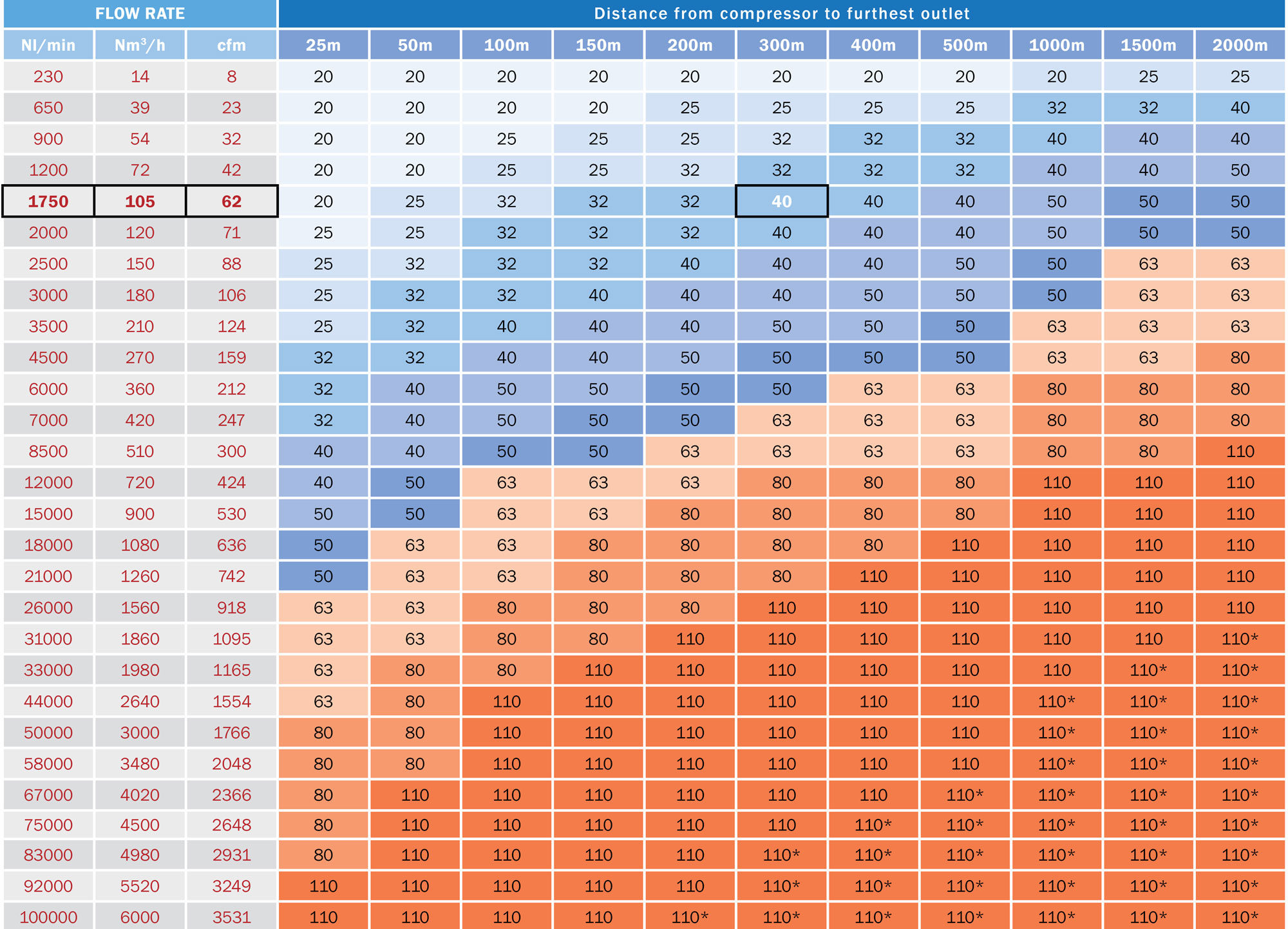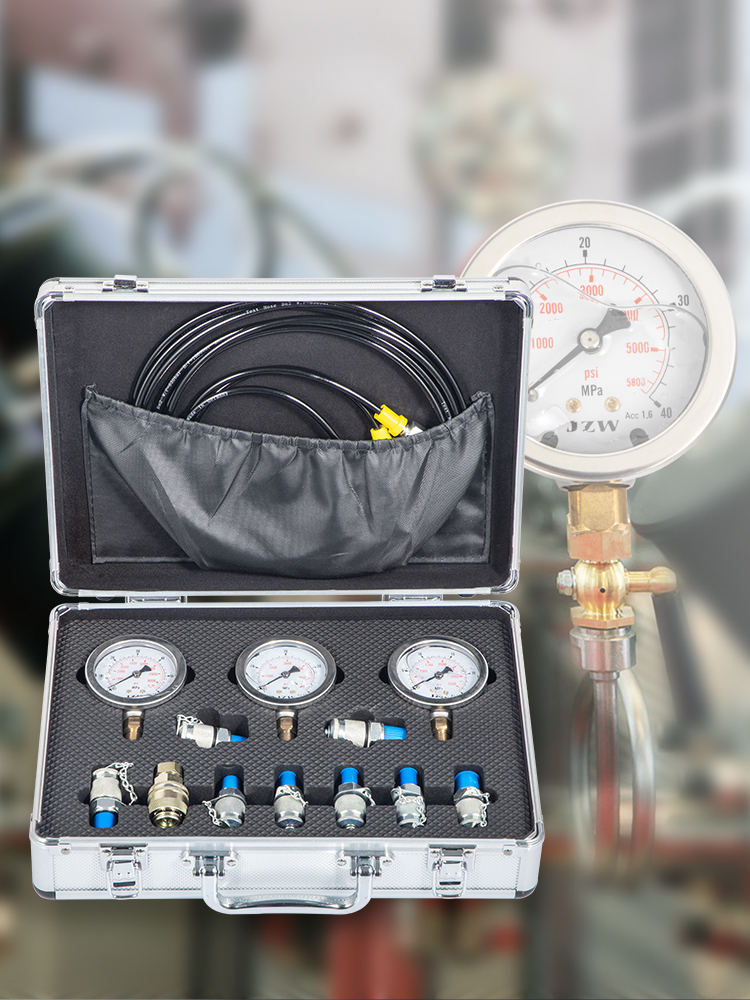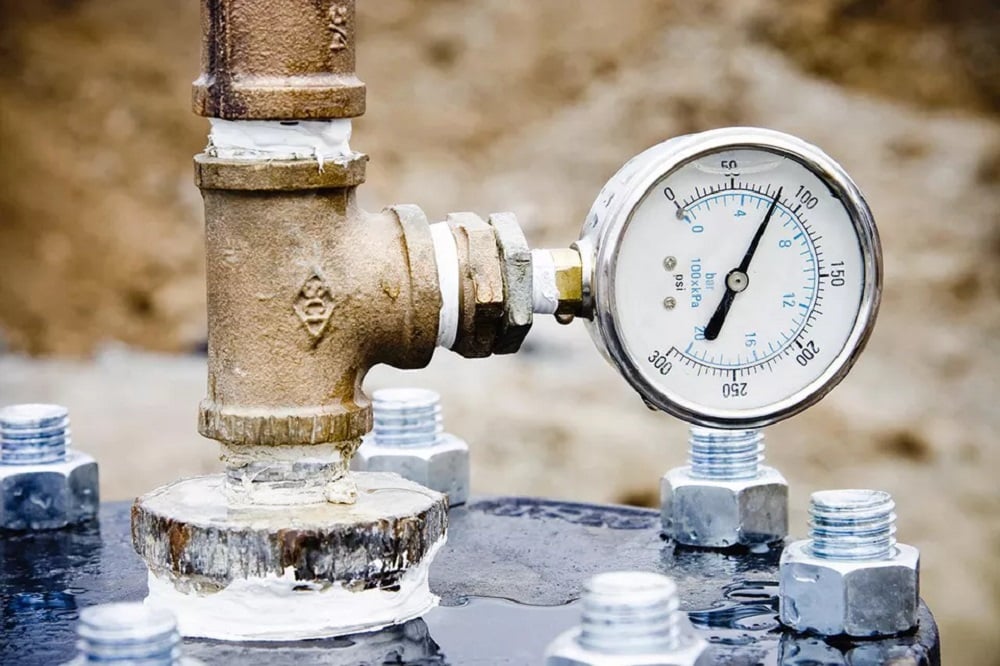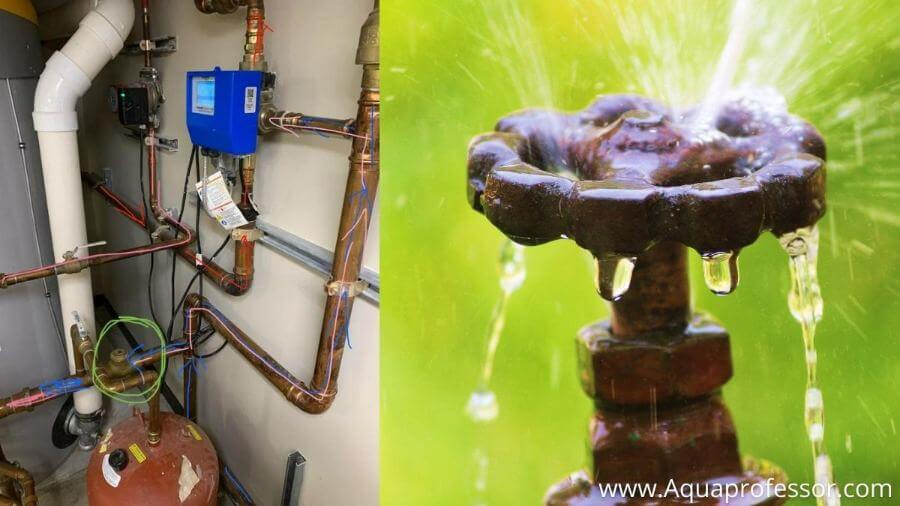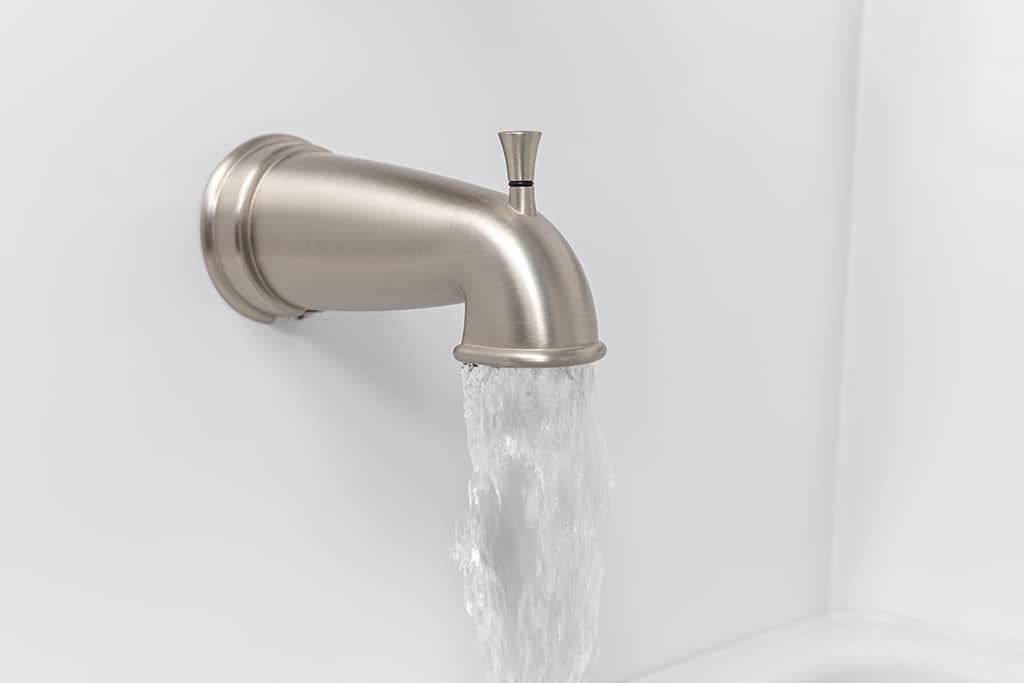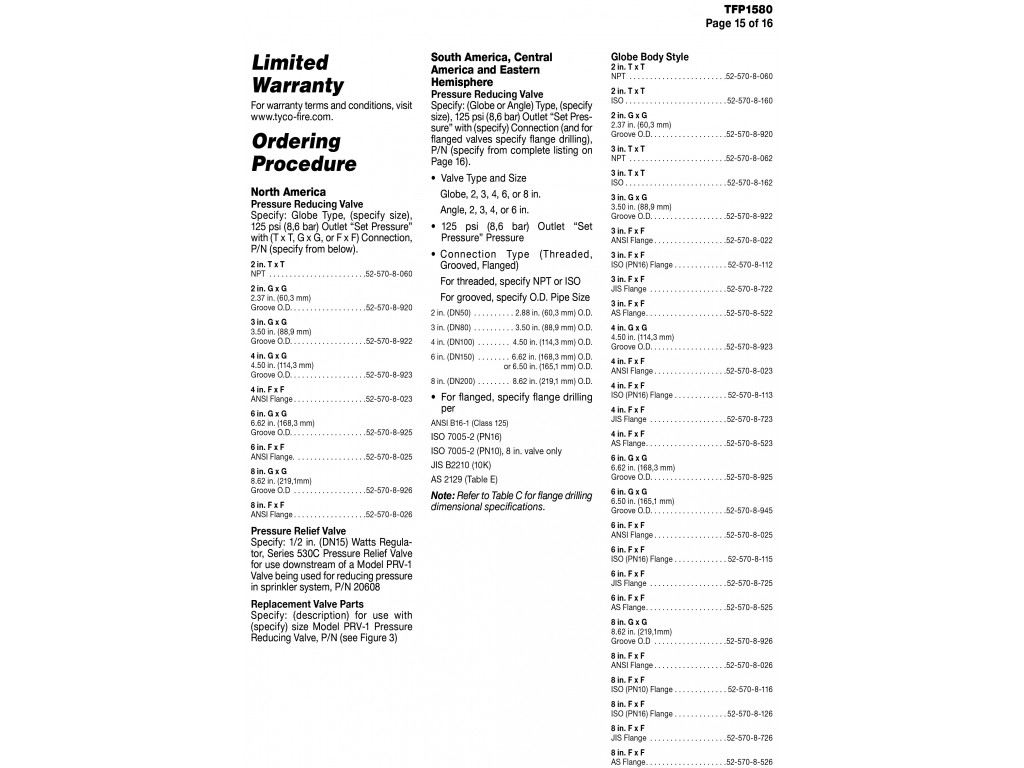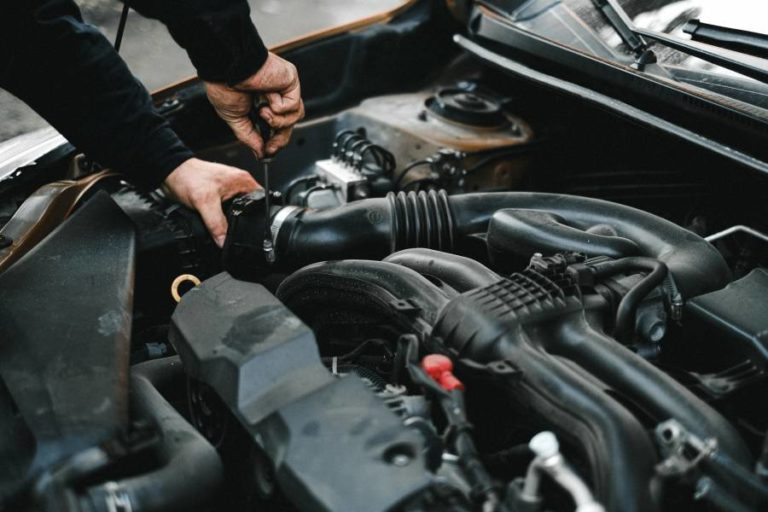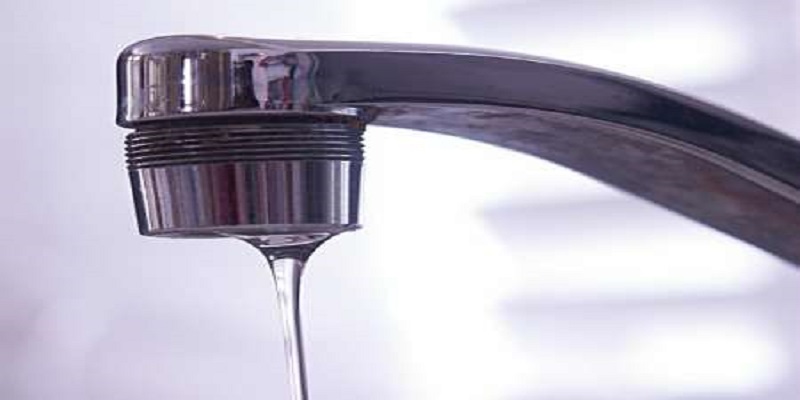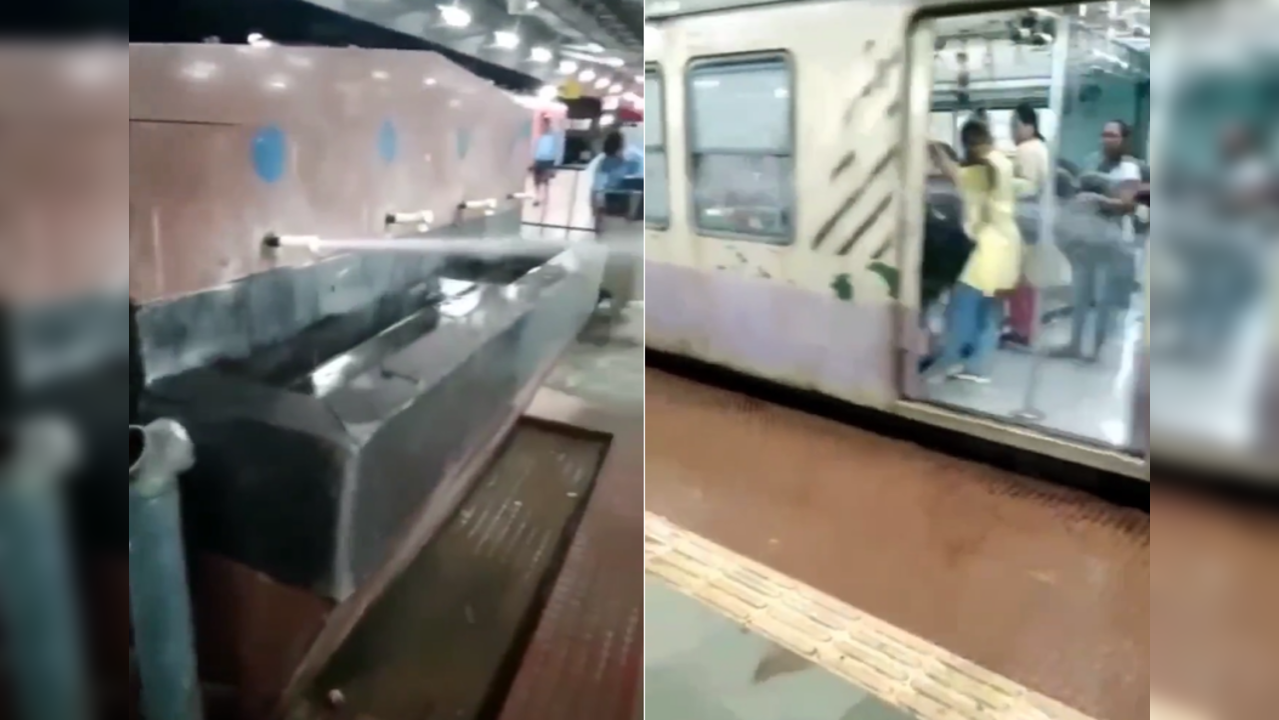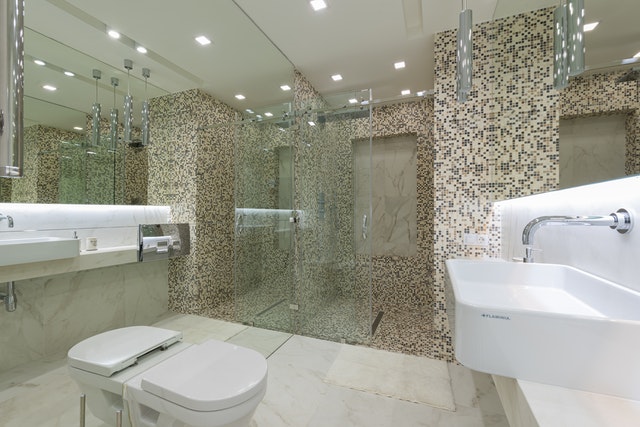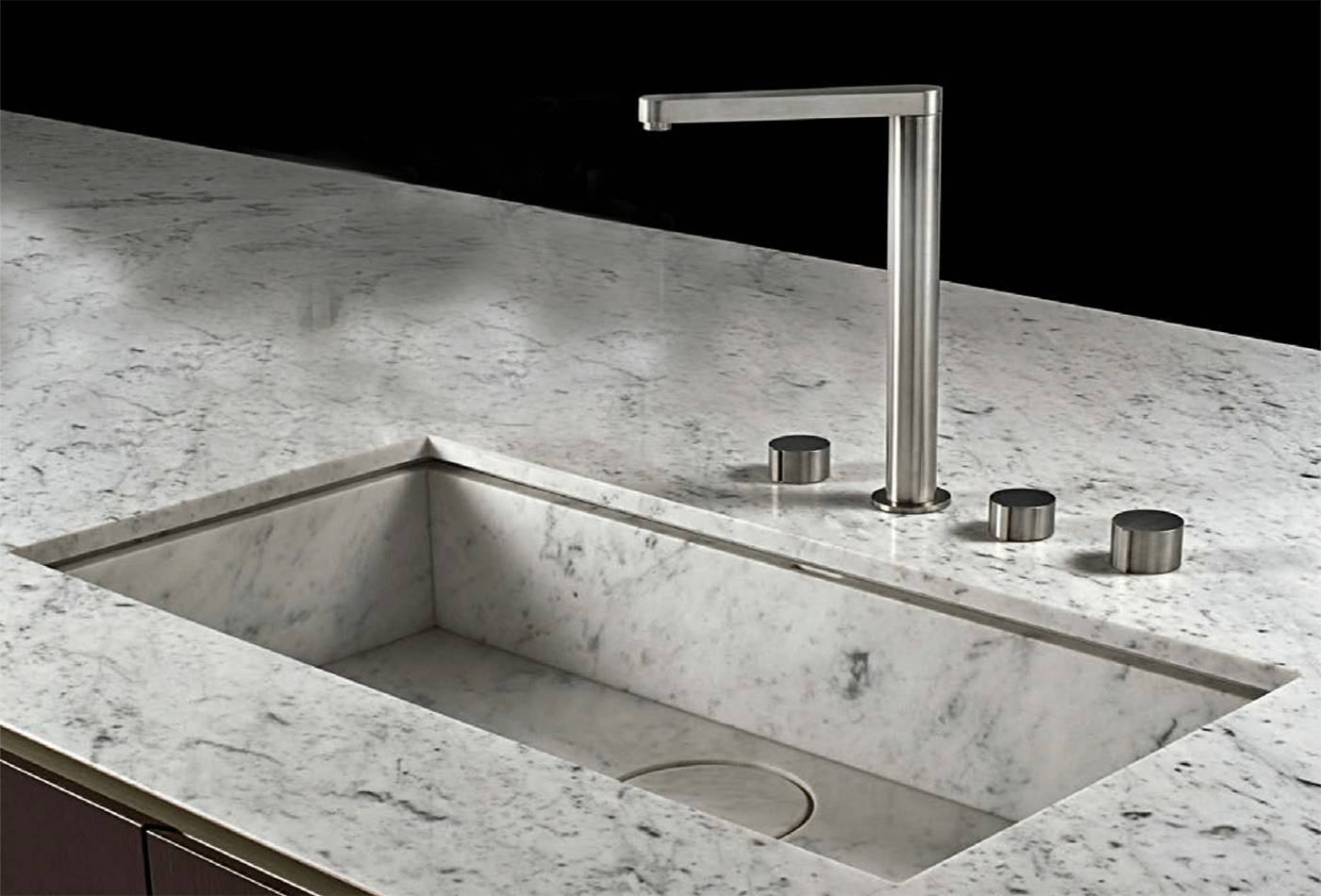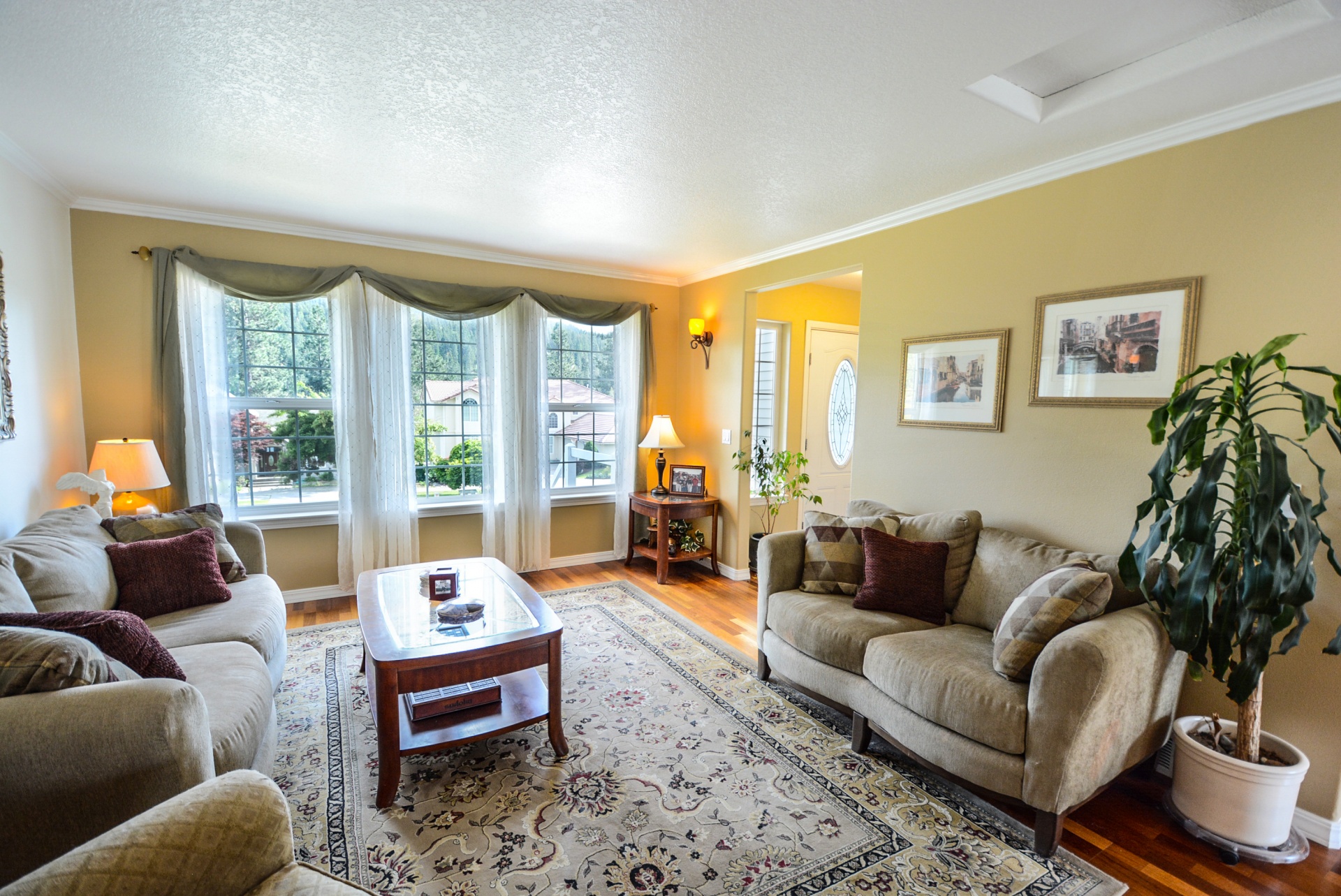If your kitchen sink water pressure suddenly becomes low, the first thing you should check is the aerator. The aerator is the small mesh screen located at the end of the faucet. Over time, it can become clogged with mineral deposits, dirt, and debris, causing a decrease in water pressure. To fix this issue, unscrew the aerator and clean it thoroughly with a brush and some vinegar. This should restore the water pressure to normal.1. Check the aerator
Another common cause of low water pressure in the kitchen sink is partially closed water supply valves. These valves control the flow of water into your home and can sometimes get accidentally turned down. Make sure that both the hot and cold water supply valves are fully open. If they are, try turning them off and on again to see if that improves the water pressure.2. Check the water supply valves
Clogs in the pipes can also be a culprit for low water pressure in your kitchen sink. Over time, debris, hair, and other materials can build up in the pipes, restricting the flow of water. If you suspect a clog, try using a plunger or a drain snake to clear it out. You can also pour a mixture of baking soda and vinegar down the drain to dissolve any buildup.3. Check for clogs in the pipes
Most homes have a water pressure regulator, which controls the overall water pressure in your home. If this regulator is not functioning properly, it can cause low water pressure in your kitchen sink. You can test the water pressure by attaching a pressure gauge to an outdoor faucet. If the pressure is below 40 psi, you may need to adjust or replace the water pressure regulator.4. Check the water pressure regulator
Leaks in the pipes can also be a reason for low water pressure in your kitchen sink. Even small leaks can lead to a significant decrease in water pressure. To check for leaks, inspect the pipes under your sink for any signs of water or dampness. If you find a leak, it's best to call a plumber to fix it before it causes further damage.5. Check for leaks in the pipes
If you have a tankless water heater, it could be the cause of your low water pressure. These types of water heaters require a certain amount of water flow to activate, and if the flow is too low, the heater may not turn on. Make sure that the water flow to your kitchen sink is sufficient to trigger the water heater. If not, you may need to adjust the settings or contact a professional for assistance.6. Check the water heater
Air bubbles can also cause low water pressure in your kitchen sink. If you have recently had work done on your plumbing system, it's possible that air has become trapped in the pipes, affecting the water pressure. To fix this issue, turn on all the faucets in your home, including the kitchen sink, and let the water run for a few minutes. This should help release any trapped air.7. Check for air in the pipes
If you have a water pressure gauge installed in your home, it can be a useful tool in determining the cause of low water pressure. Check the gauge to see if the pressure is within the normal range, which is typically between 40-60 psi. If the pressure is too low, you may need to adjust the water pressure regulator or contact a plumber for assistance.8. Check the water pressure gauge
If you have a pressure reducing valve installed in your home, it can also be a potential cause of low water pressure in your kitchen sink. This valve is responsible for regulating the water pressure and can sometimes malfunction, leading to a decrease in water pressure. You may need to replace the valve to restore the water pressure to normal.9. Check for a faulty pressure reducing valve
If you have exhausted all other options and your kitchen sink water pressure is still low, it's possible that your faucet itself is the problem. Over time, faucets can wear out and become clogged, leading to a decrease in water pressure. If this is the case, it may be time to replace your faucet with a new one. In conclusion, low water pressure in your kitchen sink can be a frustrating issue, but it is usually fixable. By following these tips and troubleshooting the common causes, you can restore your water pressure back to normal and enjoy a fully functioning kitchen sink once again.10. Check for a faulty faucet
Reasons for Low Kitchen Sink Water Pressure

Possible Causes
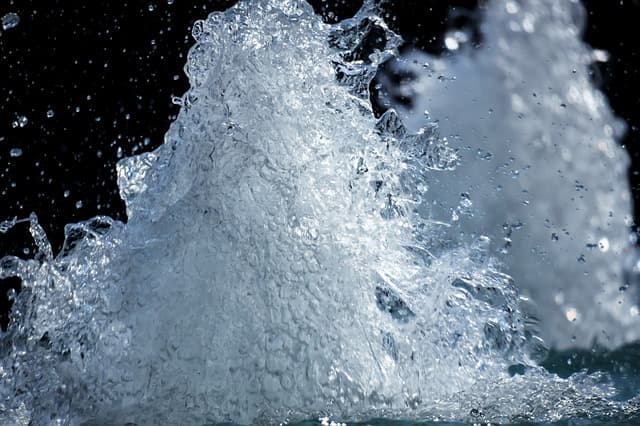 If you have noticed that your kitchen sink water pressure has suddenly decreased, there are a few potential causes to consider. One common culprit is a clogged faucet aerator. Over time, mineral deposits and debris can build up in the aerator, restricting the flow of water. This can easily be resolved by cleaning or replacing the aerator.
Another possible cause of low water pressure is a clogged or damaged water supply line. If there is a blockage or leak in the supply line, it can significantly impact the water pressure in your kitchen sink. Additionally, a malfunctioning pressure regulator, which controls the flow of water into your home, can also result in low water pressure.
If you have noticed that your kitchen sink water pressure has suddenly decreased, there are a few potential causes to consider. One common culprit is a clogged faucet aerator. Over time, mineral deposits and debris can build up in the aerator, restricting the flow of water. This can easily be resolved by cleaning or replacing the aerator.
Another possible cause of low water pressure is a clogged or damaged water supply line. If there is a blockage or leak in the supply line, it can significantly impact the water pressure in your kitchen sink. Additionally, a malfunctioning pressure regulator, which controls the flow of water into your home, can also result in low water pressure.
Impact on Your Daily Routine
 Dealing with low water pressure in your kitchen sink can be frustrating, especially when it affects your daily routine. Washing dishes, filling up pots, and even getting a glass of water can become tedious and time-consuming tasks. Not to mention, low water pressure can also impact the effectiveness of your appliances, such as your dishwasher and garbage disposal.
Dealing with low water pressure in your kitchen sink can be frustrating, especially when it affects your daily routine. Washing dishes, filling up pots, and even getting a glass of water can become tedious and time-consuming tasks. Not to mention, low water pressure can also impact the effectiveness of your appliances, such as your dishwasher and garbage disposal.
Possible Solutions
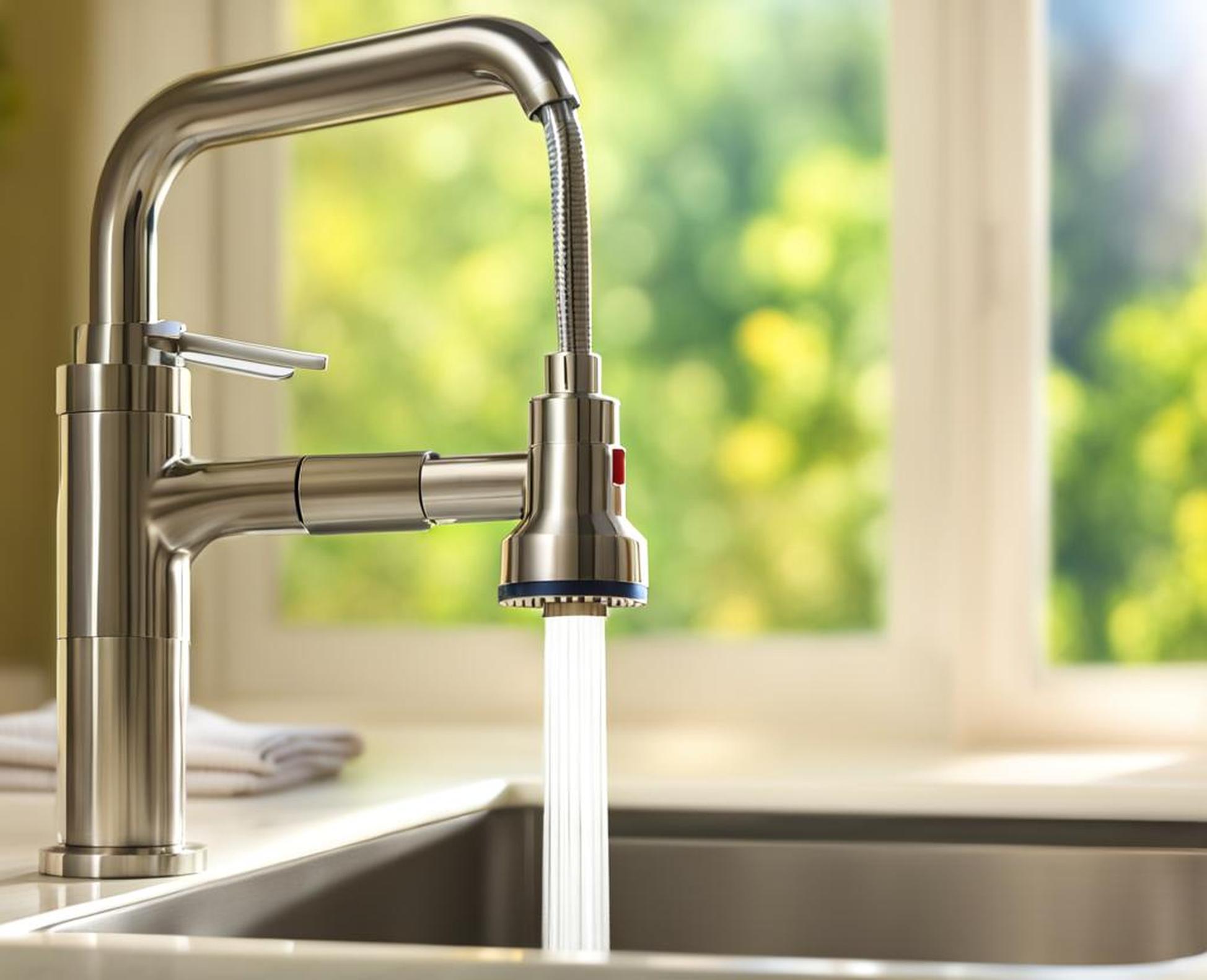 If you're experiencing low water pressure in your kitchen sink, there are a few solutions you can try. As mentioned, cleaning or replacing the aerator is a simple fix. If the issue is with the water supply line, it's best to contact a professional plumber to address the problem. They can diagnose the issue and make any necessary repairs or replacements.
If you're experiencing low water pressure in your kitchen sink, there are a few solutions you can try. As mentioned, cleaning or replacing the aerator is a simple fix. If the issue is with the water supply line, it's best to contact a professional plumber to address the problem. They can diagnose the issue and make any necessary repairs or replacements.
Conclusion
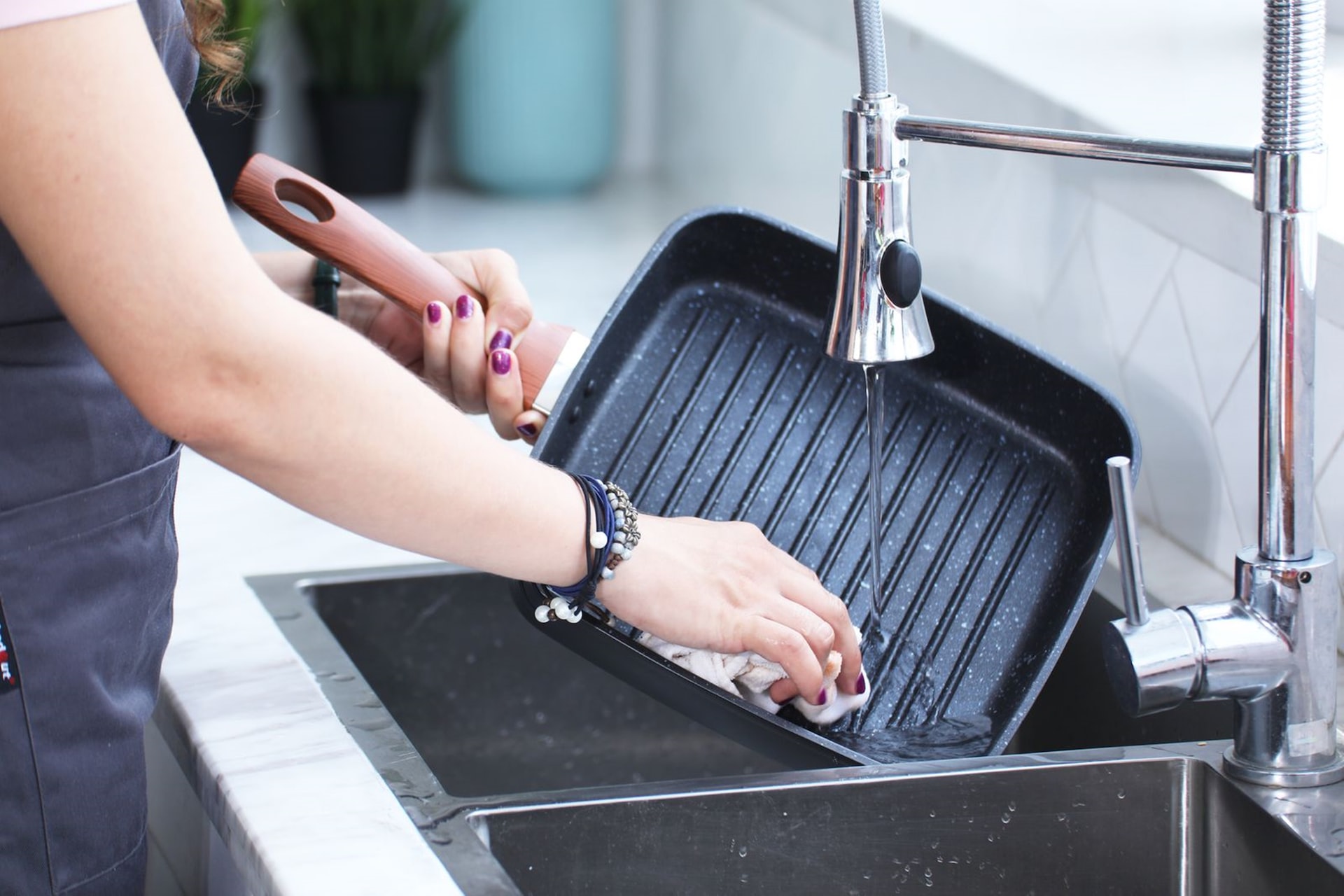 Overall, low water pressure in your kitchen sink can be a nuisance, but it's usually a minor issue that can be easily resolved. By identifying the possible causes and taking the appropriate steps to fix them, you can restore your water pressure and get back to your daily routine in no time. Remember, it's always best to consult a professional if you're unsure of the cause or how to fix it.
Overall, low water pressure in your kitchen sink can be a nuisance, but it's usually a minor issue that can be easily resolved. By identifying the possible causes and taking the appropriate steps to fix them, you can restore your water pressure and get back to your daily routine in no time. Remember, it's always best to consult a professional if you're unsure of the cause or how to fix it.




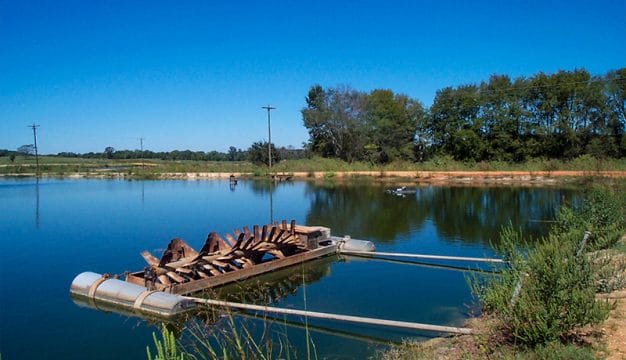
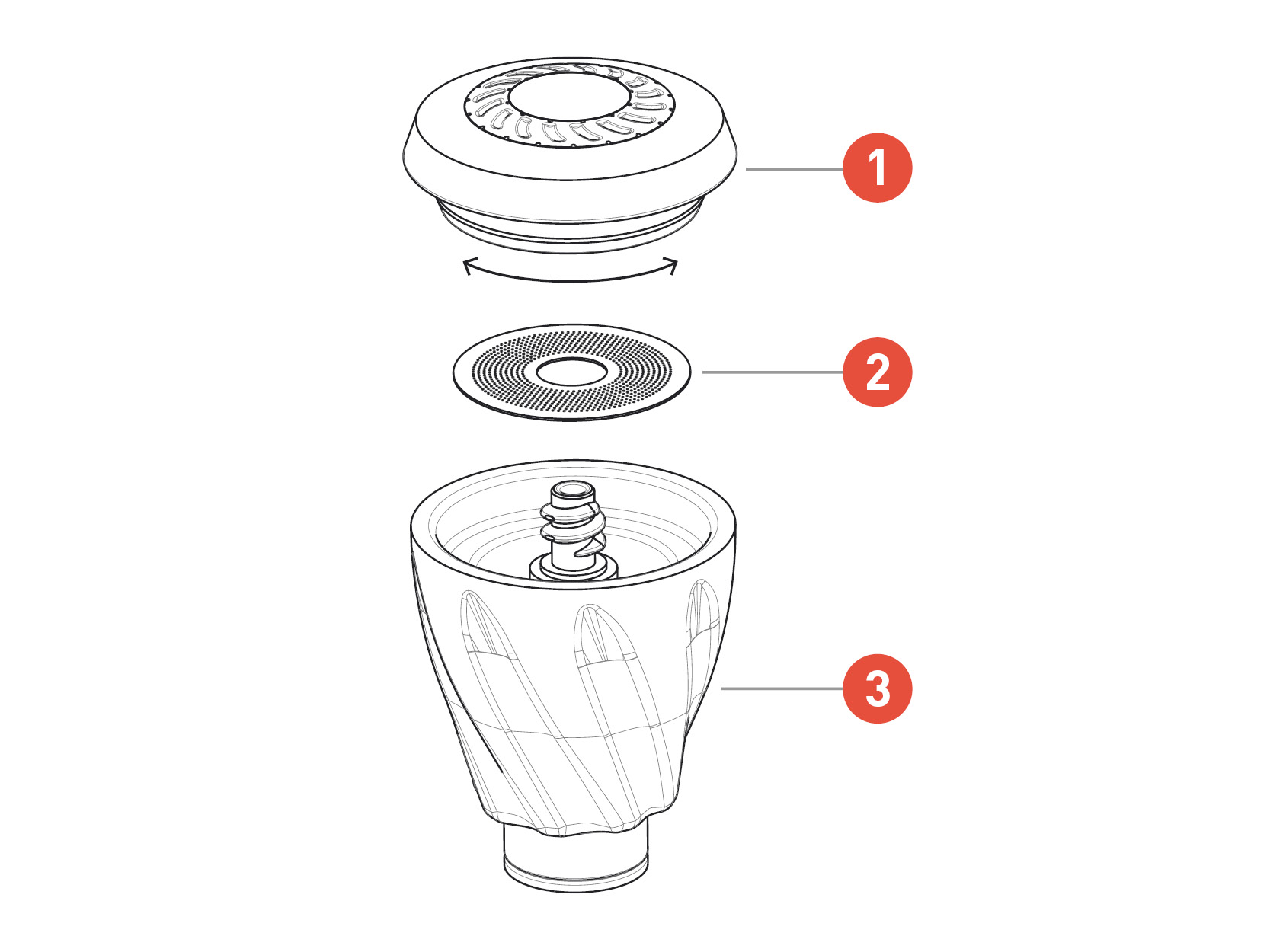
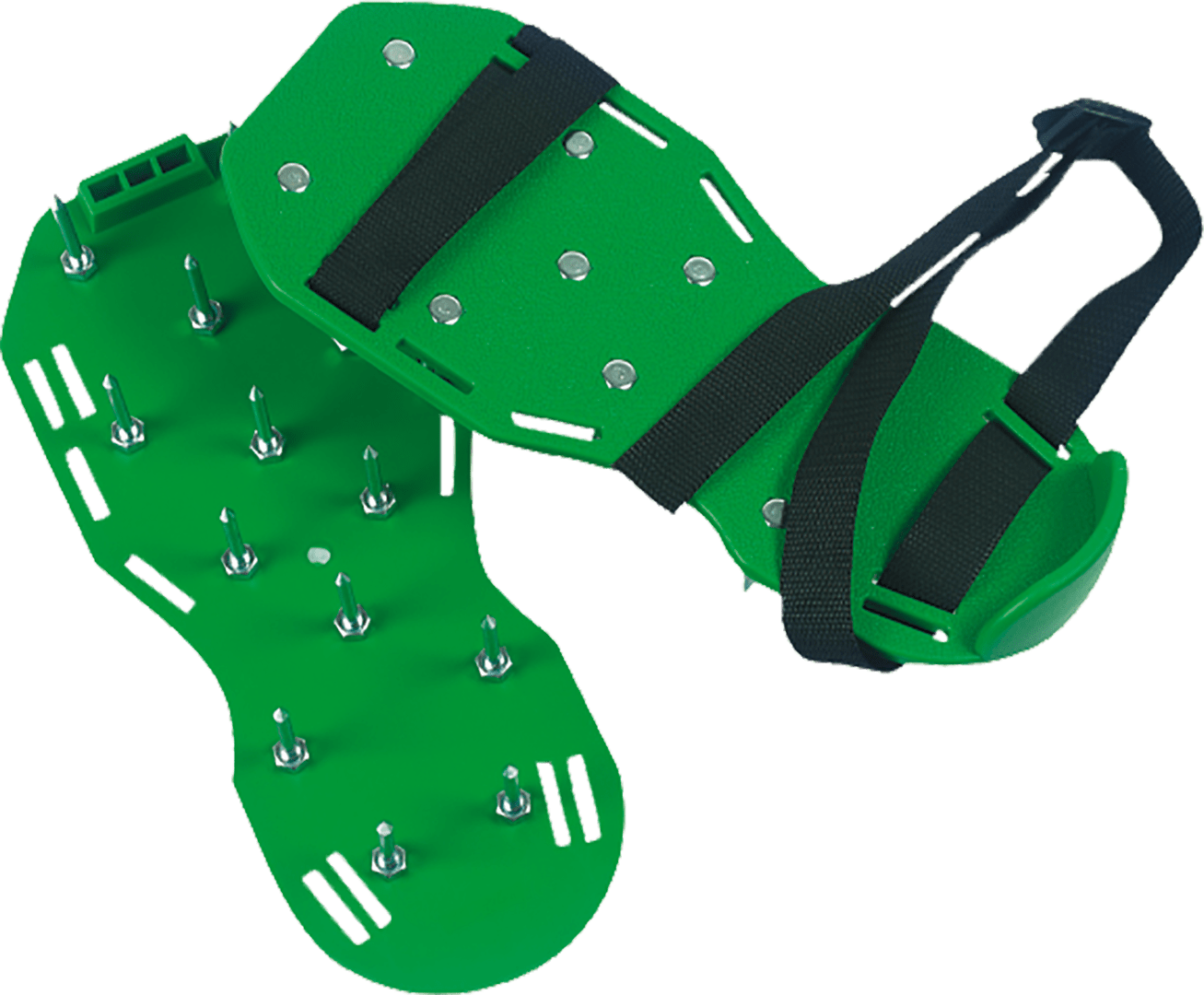




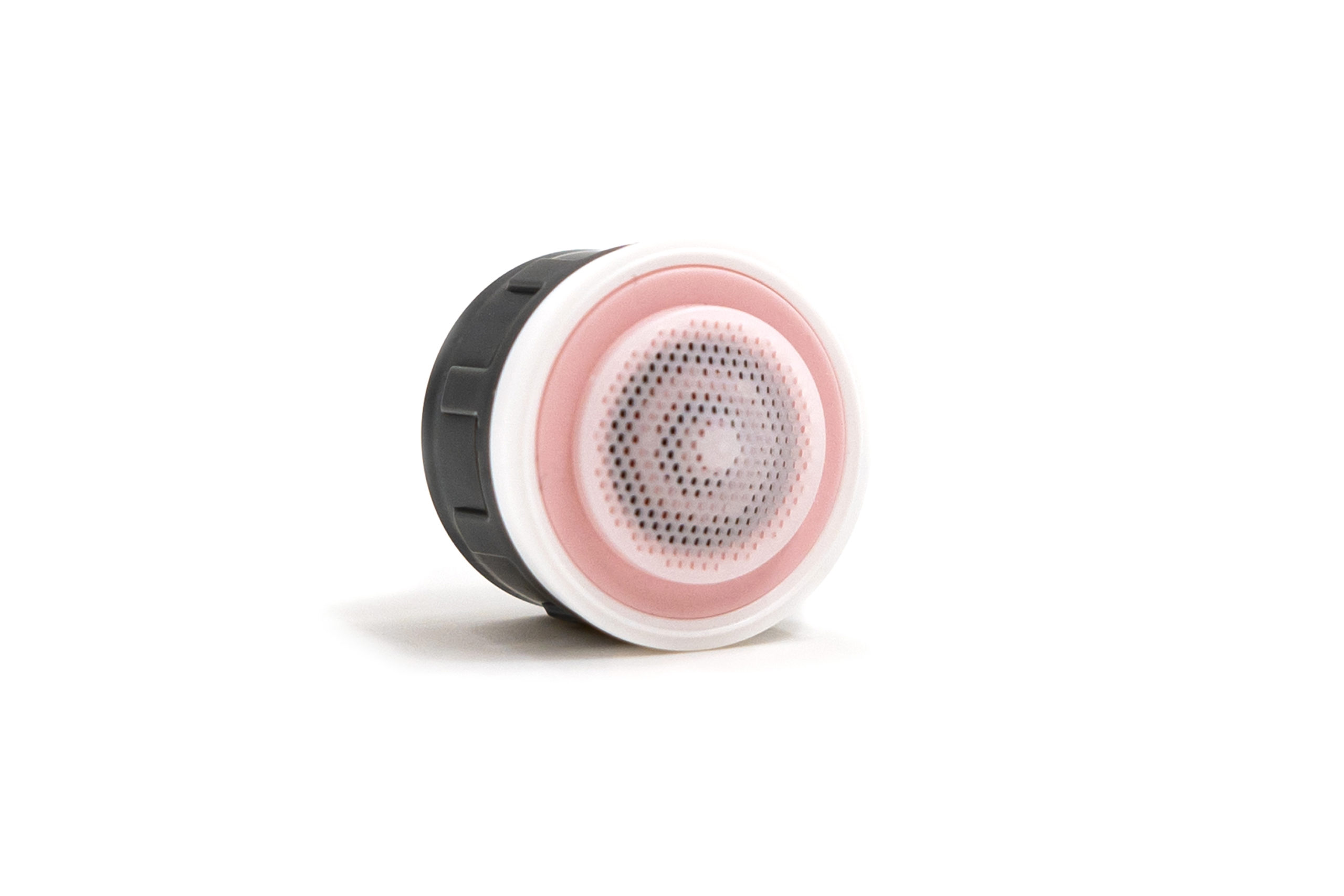



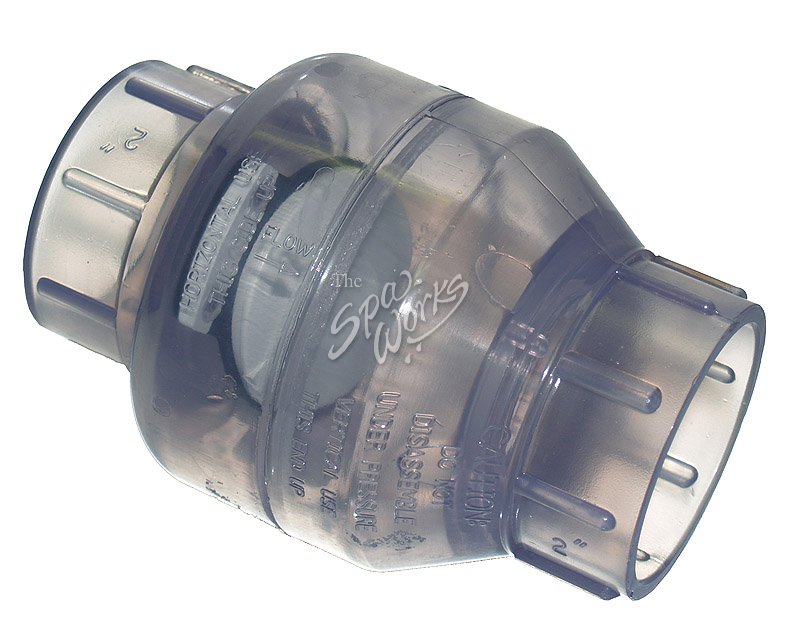

:max_bytes(150000):strip_icc()/GettyImages-106572292-3658474337224eda8721faead4f91390.jpg)
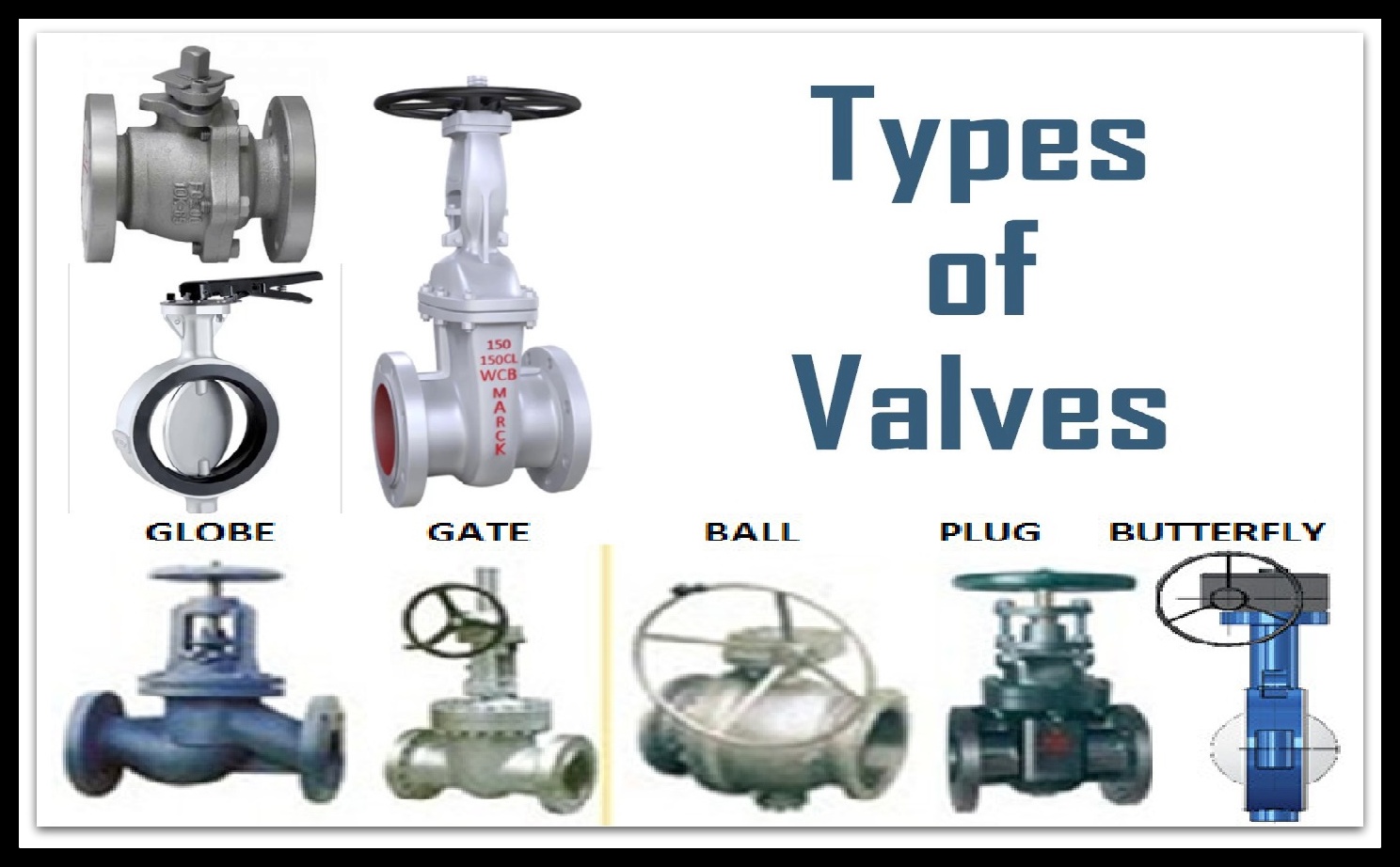
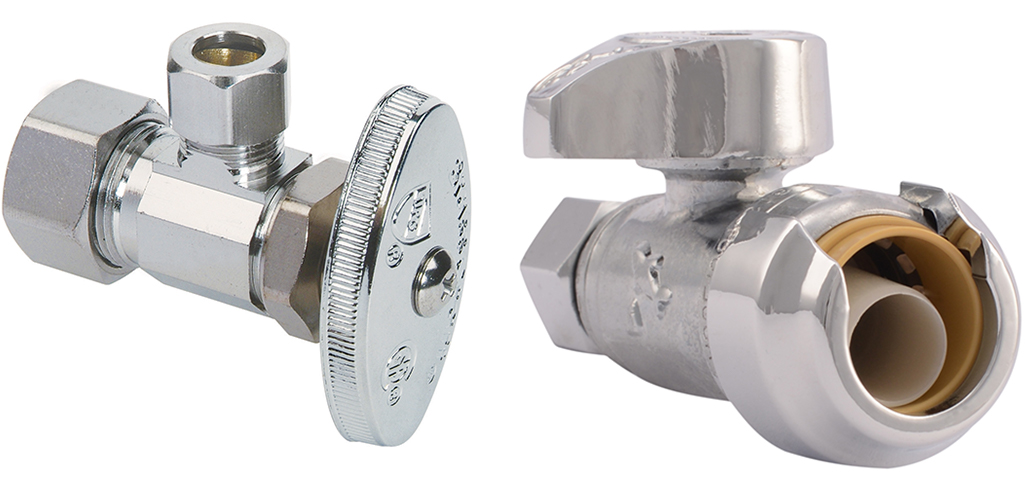


:max_bytes(150000):strip_icc()/GettyImages-1057621140-78ab2e946841421d9a7efeebe02935d2.jpg)
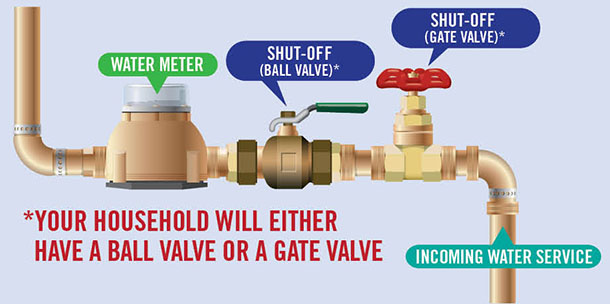





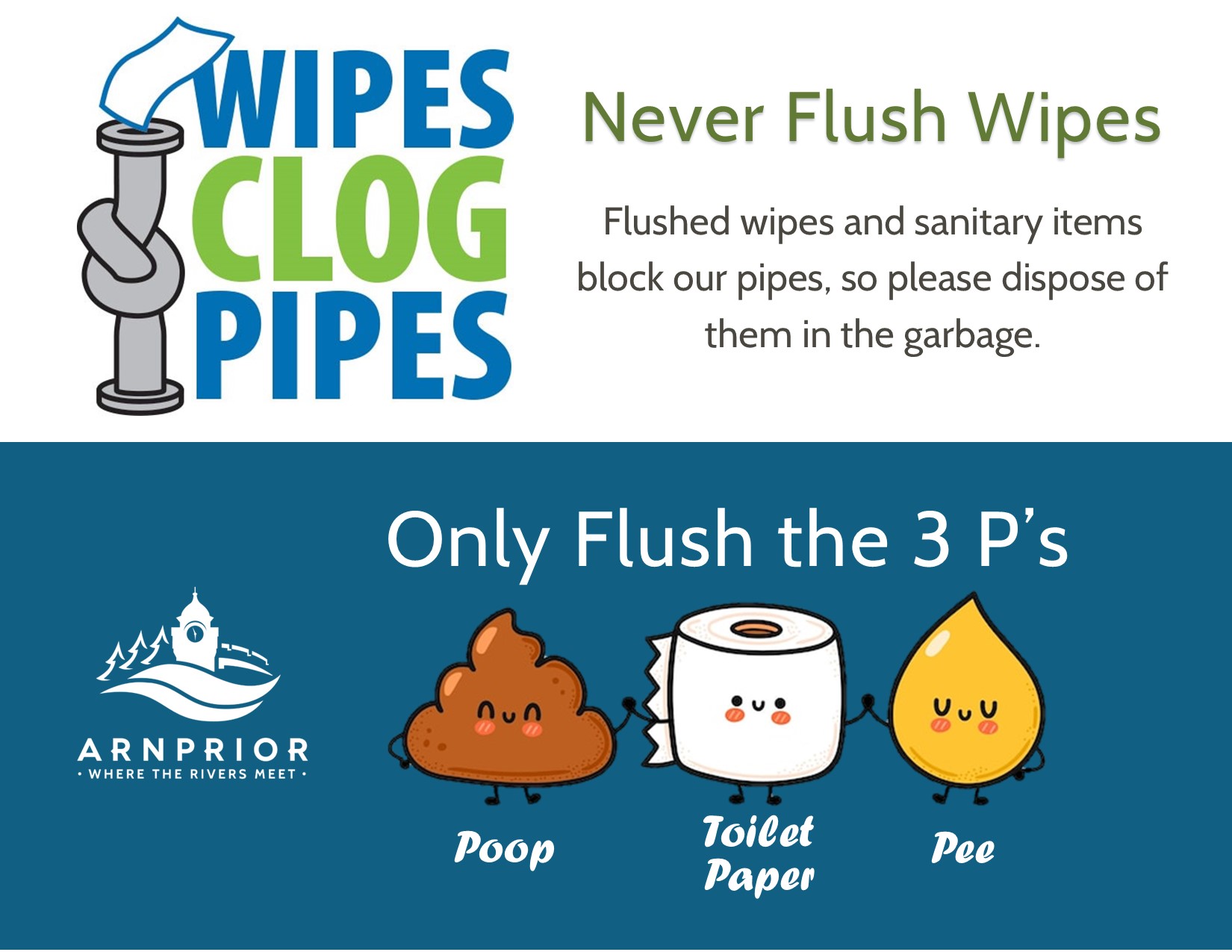
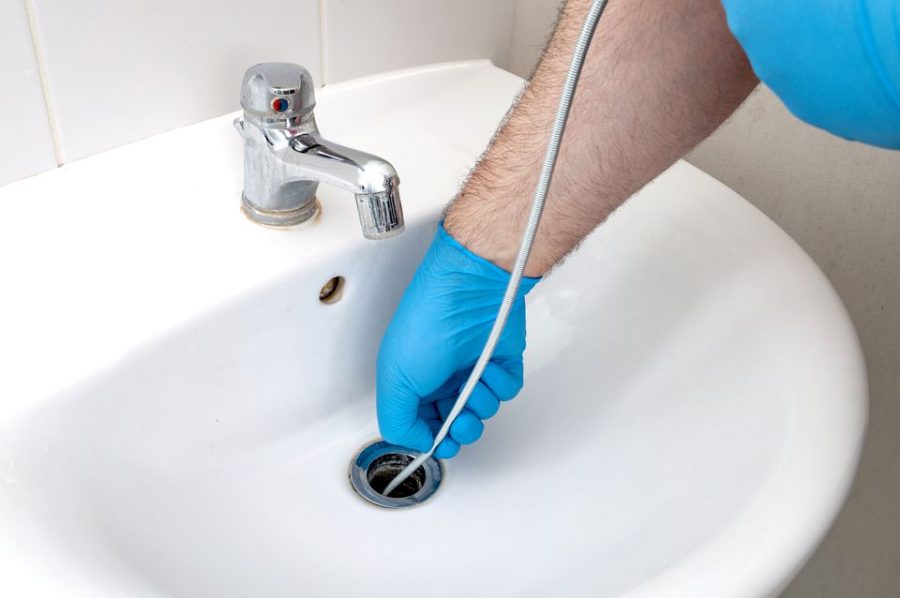

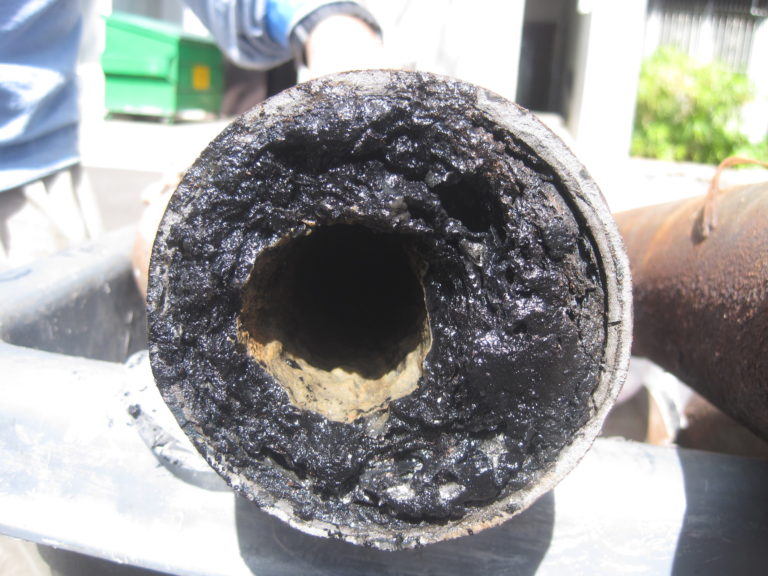






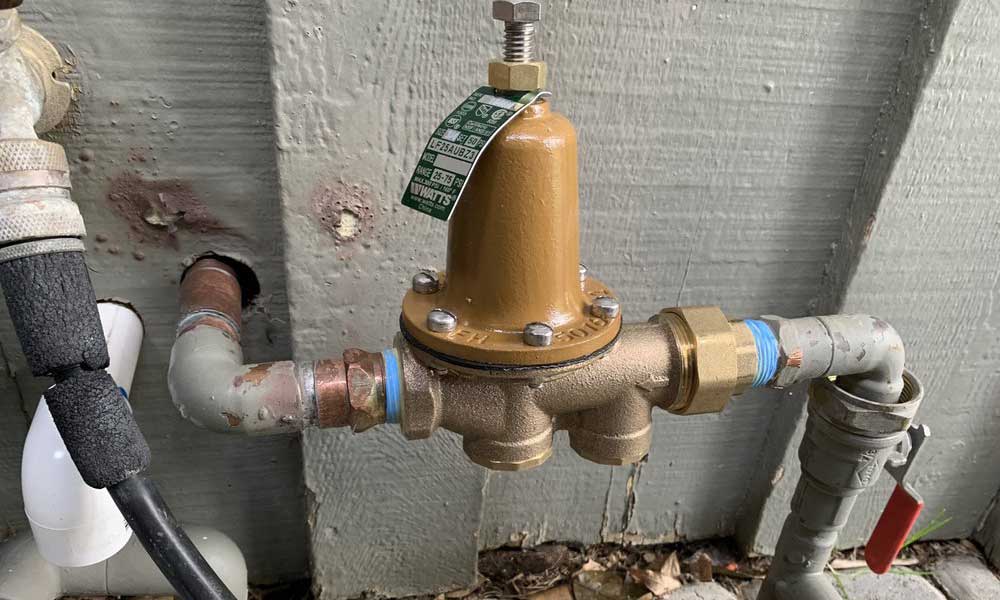

:max_bytes(150000):strip_icc()/the-men-s-hand-opens-the-ball-valve-on-the-collector-1006810456-5c5fc73fc9e77c000159c4af.jpg)



